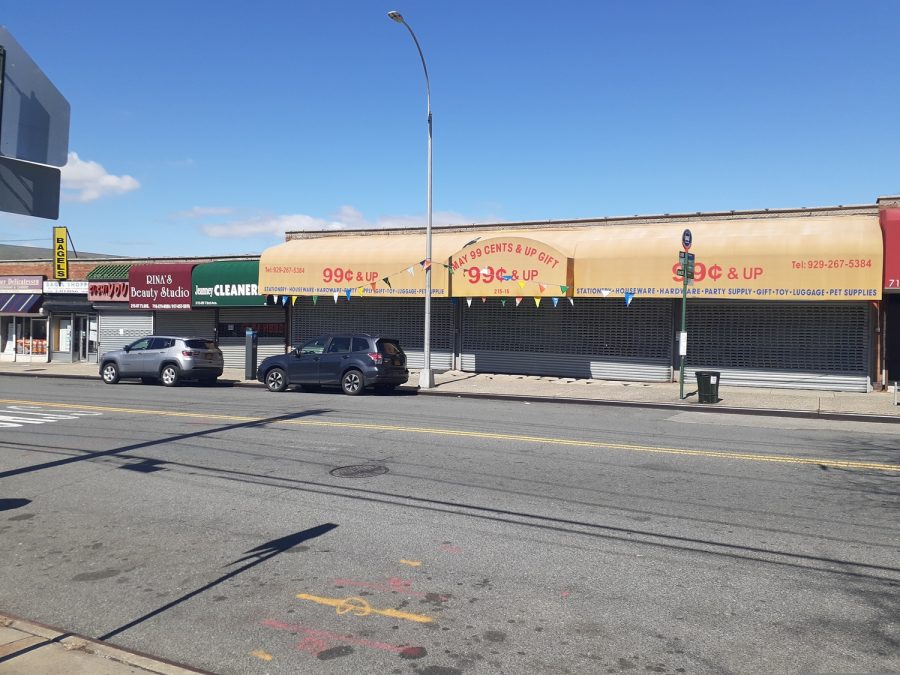Industries Hurt by the Coronavirus Pandemic
Several businesses in New York City have already closed permanently, a side effect of the state being necessarily closed down for weeks in order to flatten the curve of the Coronavirus pandemic.
Throughout the quarantine, the government has been trying to help large corporations and industries with huge bailouts to mitigate the effects of the Coronavirus pandemic. This raises the question: to what extent are these industries feeling the weight of the Coronavirus pandemic, and what consequences are they facing?
The issues that companies are facing can be attributed to issues with their customer base. The problem for airlines and other travel services is that no one wants to risk traveling during this time, meaning their profits are nonexistent. The lack of easy intra-industry recourse has led the White House to ask for $50 billion in stimulus money.
The oil industry is facing massive issues of its own, to the point where many oil companies might already be doomed. Like airlines, travel is important for oil companies, and a switch away from automobiles during the pandemic will undeniably be a problem. The reason that oil is in such hot water is mainly because of the volatility of the industry. Oil fields and operations cannot just be shut down. The massive and powerful machinery would cost an immense amount – in 2018 the cost of shutting down in the North Sea alone would be around $24 billion. Oil Field operations require expensive upkeep, and so a dip in profits means the prospect of making any money at all will be a concern. The price of a barrel of crude oil sank as low as $18, from $60 during late 2019. The solution these companies have decided on is to lay, off-contract employees, rather than to continue drilling.
Construction and manufacturing have been stifled in many cases because of unemployment and social distancing. Some have hypothesized that ending social distancing would solve construction and manufacturing problems. However, the dangers of this are clear. Jake Kothandarman ’22 said, “social distancing is still necessary, especially in high-density places like New York. But, social distancing should not be implemented past summer, because I don’t think our economy and students can last that long.”
There are some notable exceptions including Tesla’s refusal to close down factories in California. This was met with criticism from legislators and has led to a standoff with the state of California. However, even though many companies cannot legally force workers to work given the outbreak, the industry has not gone through sweeping layoffs thus far. The National Association of Manufacturers (NAM) has been open about trying to support workers and maintain safe workplace conditions throughout the pandemic, while acknowledging that substantial changes to operations are necessary in order to stop financial losses from getting out of control.
The government has been active in trying to keep struggling businesses afloat with stimulus bills, but by far the biggest initiative has been starting to open the country back up. States like Missouri have begun to allow concerts in public, which would revitalize the entertainment sector if done across the board. The question is whether or not this type of move to help the economy is worth risking another outbreak. Henry Hillman ’22 said that, “the government is for protecting people, not protecting their wealth.”
To what extent are these industries feeling the weight of the Coronavirus pandemic, and what consequences are they facing?
Declan Hilfers is an Editor-in-Chief and Staff Reporter for ‘The Science Survey.’ He is attracted to journalism because it presents an outlet to bring...
Theodore Wai is a News Editor for ‘The Science Survey.' Theodore finds writing and learning about the world to be the most appealing aspect of journalistic...

